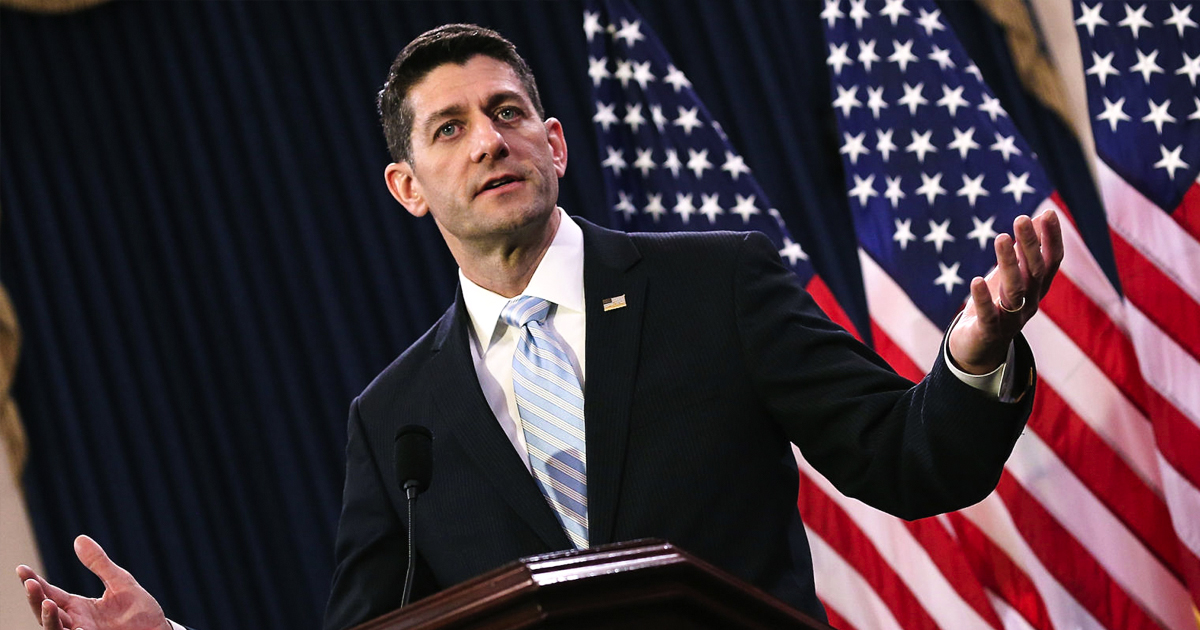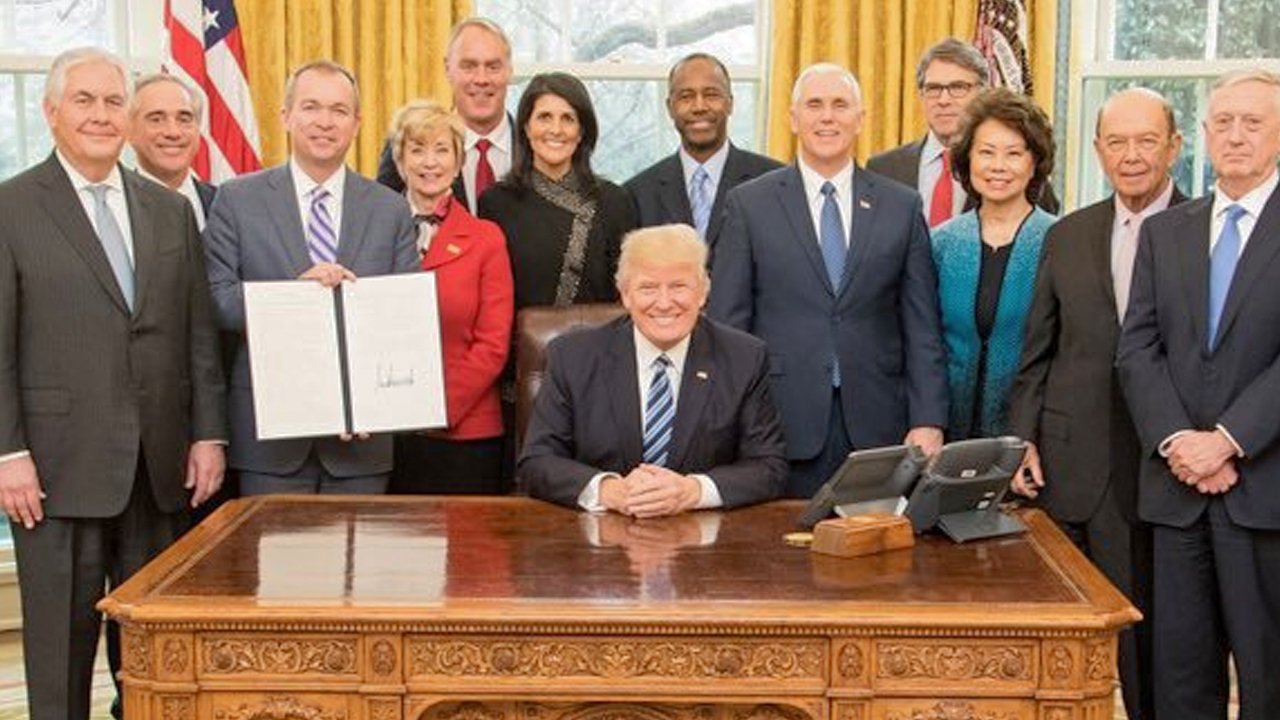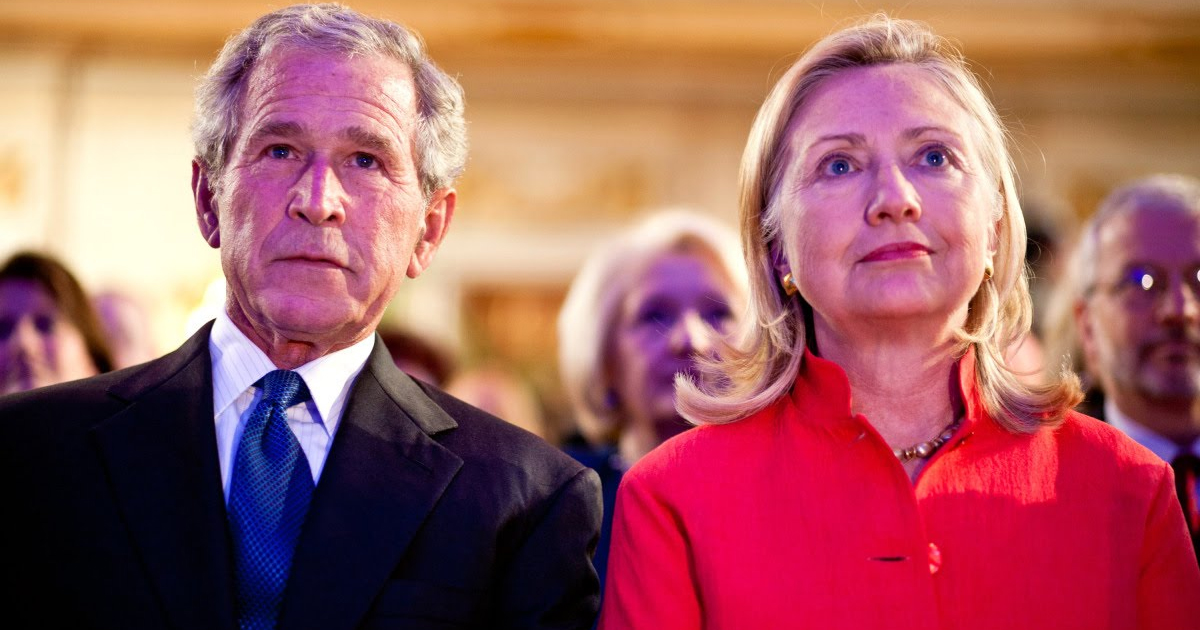According to a report published by The Intercept over the weekend, Paul Ryan was paid handsomely for avoiding his constituents during the President’s Day recess. Ryan, along with many other lawmakers, refused to hold town hall events or meet with concerned citizens. Instead Ryan was busy fundraising, bringing in $657,400 in just 9 days.
As protesters demanded a meeting at Ryan’s Racine, Wisconsin office, the Speaker of the House was busy visiting cities like Miami, Dallas, and Houston raising money for his Team Ryan PAC. These events were exclusively for the wealthiest donors, with one Miami event requiring a minimum $10,000 donation. Because of the way the PAC is set up, an individual can contribute up to $244,200.
It was widely reported that many in Congress ducked town halls during their February recess. Sen. Marco Rubio said he didn’t want to be heckled; Rep. Louie Gohmert cited the 2011 shooting of Gabby Giffords as the reason he did meet his constituents; Rep. Dan Newhouse chose to meet with lobbyists while angry citizens gathered at his office.
Appearing on CNN, Sen. Bernie Sanders blasted lawmakers for avoiding town halls:
“If you don’t have the guts to face your constituents, then you shouldn’t be in the United States Congress.”
The Republicans that did host town hall events were met with hostile crowds. Displeasure with the GOP’s insistence on repealing the Affordable Care Act, proposed immigration reform, and controversial figures appointed by President Trump were among the chief complaints. Sen. Tom Cotton held a particularly contentious meeting in Arkansas, where a passionate question turned into a viral video:
Voter to @SenTomCotton: My husband is dying. We can’t afford health insurance. What kind of insurance do you have? https://t.co/iYFiZtwJ1F
— CNN (@CNN) February 22, 2017
Though his constituents were angry, at least Sen. Cotton heard their concerns. Those in Paul Ryan’s district didn’t have that luxury.
Republicans are out of touch, but that is nothing new; we’ve always known that they favor their rich donors over their constituents. The problems of real people are whitewashed while the wealthy are given special access to elected officials. According to a study published in the American Journal of Political Science, telling a political leader that you were a potential donor made a lot of difference when attempting to schedule a meeting:
“When informed prospective attendees were political donors, senior policy makers made themselves available between three and four times more often.”
It is amazing what money can buy.



